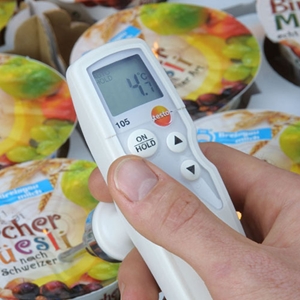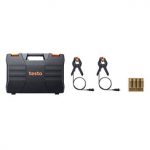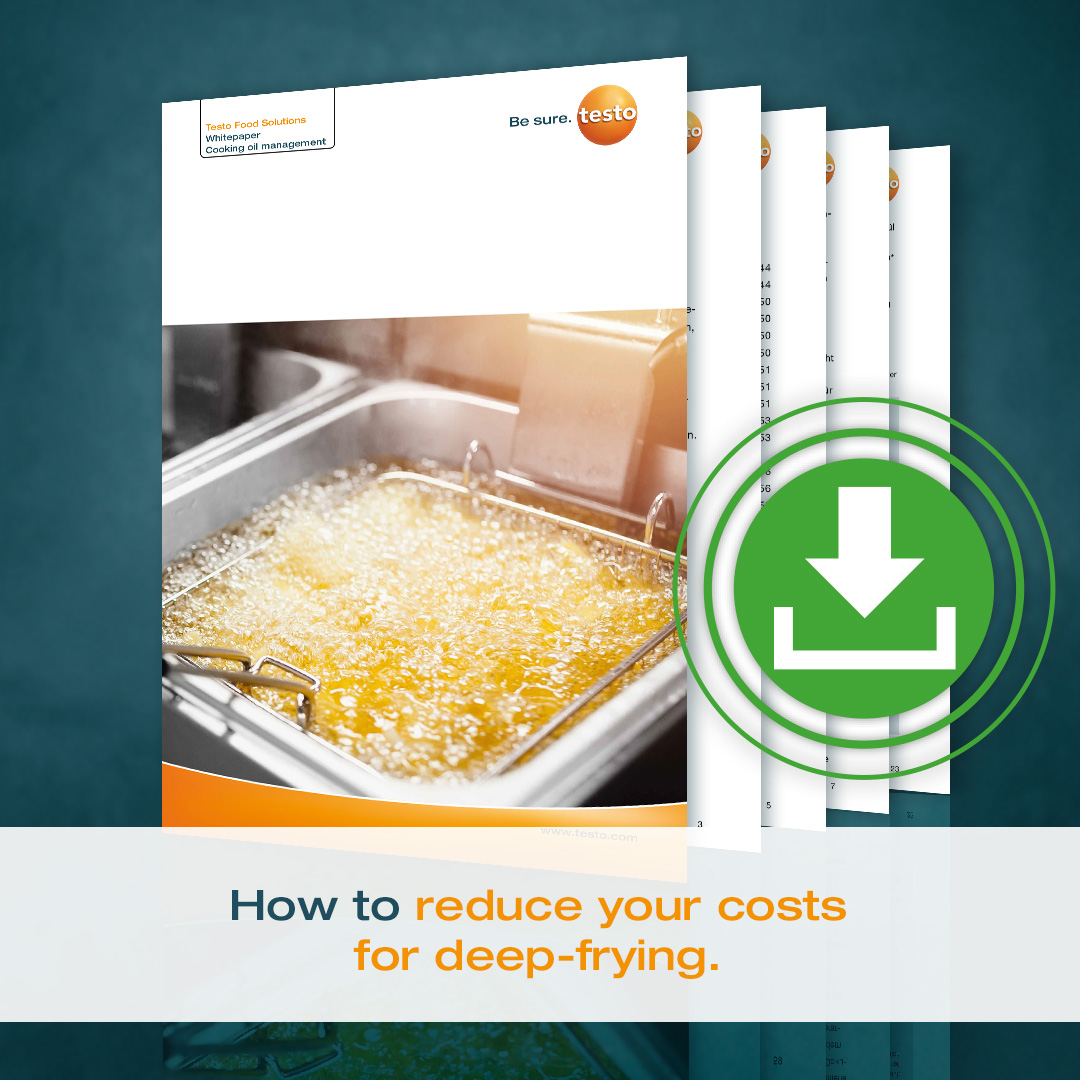The importance of food businesses properly storing and shipping produce has been highlighted in a recent example out of the United States.
In a landmark case in California, food distribution company Sysco Corporation has agreed to pay US $19.4 million (AUD 20.7 million) in fines and restitution for food safety breaches. The company was found to be storing food in unrefrigerated and unsanitary buildings throughout the state.
According to NBC, this penalty handed to Sysco is one of biggest consumer settlements in state history and the fines are allocated to different areas to benefit the local community. Of the $19.4 million, $15 million is a penalty, $3.3 million will go towards funding for four Californian Department of Public Health investigator positions for the next five years. There is also a $1 million donation towards state food banks and the rest will cover legal costs.
The investigation
After whistleblowers alerted authorities to the company’s illegal conduct, inspectors from the California Department of Public Health (CDPH) in July began covert investigations into the corporation. According to the tip off, the business had a long list of problems including storing meat, dairy, produce in both dirty and unrefrigerated storage units.
In the coming months, inspectors seized a number of company records that highlighted the size and scope of the breaches. Based on court data, there were more than 23,000 days when food was illegally stored and more than 156,000 individual food items that were stored at drop sites without adequate temperature controls.
In fact, on surveillance cameras set up by the NBC Bay Area, Sysco employees were seen to transport raw food from a distribution centre to a series of unrefrigerated storage lockers. The food sat next to both insects and rattraps and was subject to 27 degree temperatures.
To the dismay of investigators, the food was picked up hours later by a sales team and was delivered to local restaurants and hotels. As part of the wider case, authorities also traced unsafe food to schools and hospitals.
Company response
Sysco were understandably very embarrassed and shocked at what the authorities had found and have since committed to improving their food safety standards.
“First, as we stated in September 2013, we eliminated the use of drop sites across Sysco. Second, we have introduced mandatory, annual food safety training for all employees across Sysco,” Bill DeLaney, Sysco’s president and CEO said.
“Third, we are implementing additional and improved food safety reporting, monitoring and compliance controls across our operations to ensure adherence to our policies.”
However, the company maintains its stance that the problem wasn’t widespread across all its businesses and that the steps taken since have reflected its emphasis on food safety.
“We accept responsibility for the breakdown in our system in California, and we have taken this opportunity to improve our practices and to re-emphasise to our customers and our employees that food safety is our No. 1 priority,” Mr DeLaney concluded.
It is interesting to note that many countries including Australia are now actively looking at food storage and transportation regulations in order to preserve the quality both imported and exported food.
Industry tools
There are a number of different devices available to food industry professionals in order to maintain food hygiene standards. As well as having sufficient refrigerators, it is important to have both data loggers and thermometers to accurate gauge and track the environment.
To monitor temperatures during transport or storage, businesses could use a testo 105 – Frozen Food Thermometer. This product is HACCP Certified and is perfect for recording and monitoring measurements in abattoirs, refrigerated storerooms and trucks. This device features a cork screw style measurement tip for frozen goods.









 Reduce cooking oil costs while ensuring quality
Reduce cooking oil costs while ensuring quality Expert knowledge on CO2 monitoring
Expert knowledge on CO2 monitoring Refrigeration knowledge - in 3 modules
Refrigeration knowledge - in 3 modules



